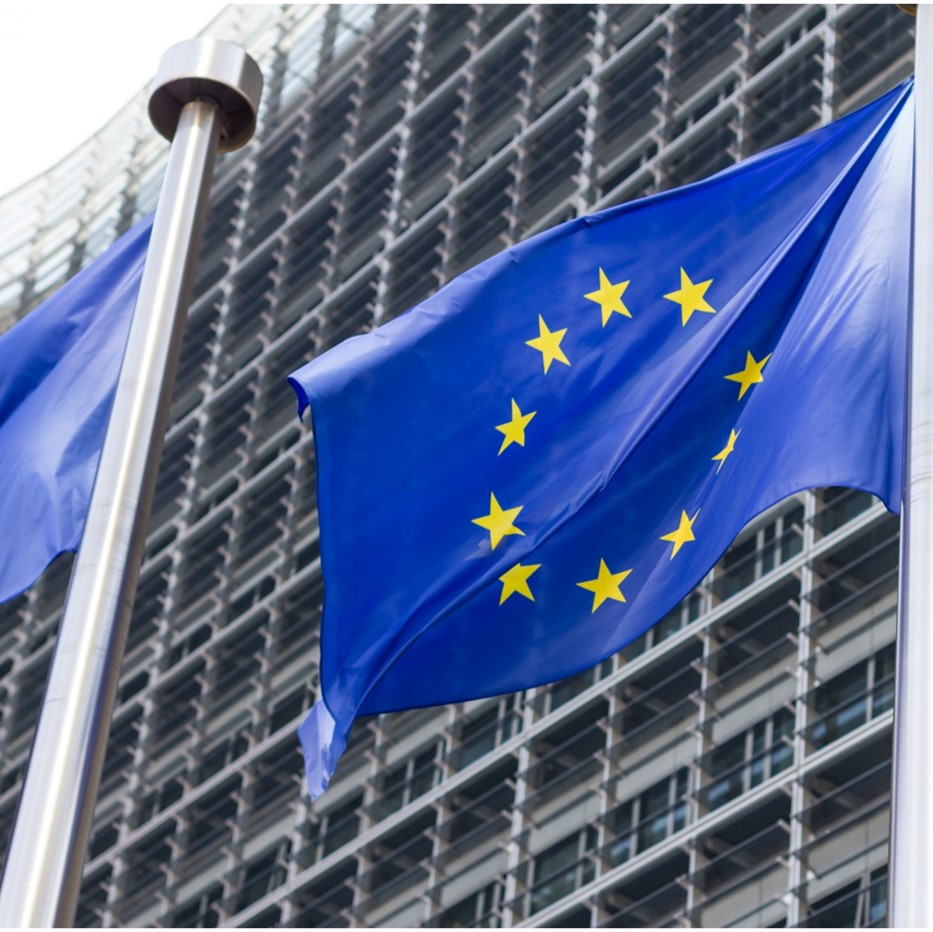Europe’s next biofuels move
The European Parliament voted in mid-November on what might have seemed like a technicality. It signed off on the EU’s renewable energy policy for 2020 to 2030, months after a hard-fought compromise on the continued use of conventional biofuels had been hammered out.
But that vote was an important milestone for two reasons. First, it opens the door to a more effective approach to decarbonizing EU transport, as long as member states find ways to turn that ambition into action. And second, it puts the EU on record as saying that sustainable biofuels such as European ethanol should remain an important part of any long-term scenario for decarbonization.
The need for action in the short-, medium- and long-term has never been more urgent. The headlines keep coming about the importance of fighting climate change—and about Europe’s struggle to achieve emissions reductions from the transport sector.
The most recent troubling report came from the European Environment Agency showing that greenhouse gas (GHG) emissions actually increased by 0.6 percent in the EU in 2017 compared to 2016 levels. Unless the trend is reversed, that rise endangers the bloc’s efforts to reach a 2030 target of cutting emissions by 40 percent against 1990 levels. The increase in emissions was largely driven by rising transport emissions, the EEA said, pointing to an “increase in oil consumption from road transport.”
That’s all the more reason for EU policymakers to do a better job of making use of transport decarbonization solutions they have today. One obvious course of action would be to encourage the use of low-carbon liquid fuels like renewable European ethanol, which reduces GHG emissions by more than 70 percent on average compared to fossil fuels.
The newly approved Renewable Energy Directive (known as RED II) confirms the importance of sustainably produced crop-based biofuels such as European ethanol to achieving EU climate goals. However, it still caps the contribution these low-carbon fuels can make at each member state’s 2020 levels, with a +1 percent flexibility and up to 7 percent.
That means EU member states have between now and 2020 to increase their use of renewable ethanol in transport—for example, by adopting E10 as a standard petrol blend—if they want to maximize their ability to reach the post-2020 renewables and climate targets under both the RED II and the Effort Sharing Regulation.
International organizations like the U.N. Intergovernmental Panel on Climate Change and International Energy Agency have recently underlined the importance of using all available tools to fight climate change. The IEA even referred to the significant “untapped potential” of biofuels in reducing emissions.
Those reports came just before the European Commission released its long-term (until 2050) strategy for decarbonization. Unfortunately, the commission did not quite get the message.
The strategy’s focus is more on broad strokes and scenarios than specific numbers and ambitions. But even though most of the scenarios would require a massive increase in the use of biofuels, the strategy largely fails to acknowledge the important role sustainable crop-based and advanced biofuels could and should play in decarbonizing the EU. That’s too bad, especially given the strong signal just sent by the European Parliament and EU governments that Europe should get rid of bad biofuels and promote good ones—and that renewable European ethanol is one of the good ones.
Most people agree that the commission should phase out biofuels associated with deforestation and peatland drainage (those considered to be at high risk of indirect land use change). Once that happens, there is no reason a longer-term strategy shouldn’t promote the use of the good low-carbon fuels to decarbonize an EU vehicle fleet that will be made up mostly of internal combustion engines for decades to come.
A meaningful long-term strategy looking to 2050 should reinforce this by acknowledging the importance of both first- and second-generation ethanol. That would send a real signal from Brussels to member states that the EU is serious about reducing emissions from transport.
This article first appeared in Ethanol Producer Magazine and was written by Emmanuel Desplechin
